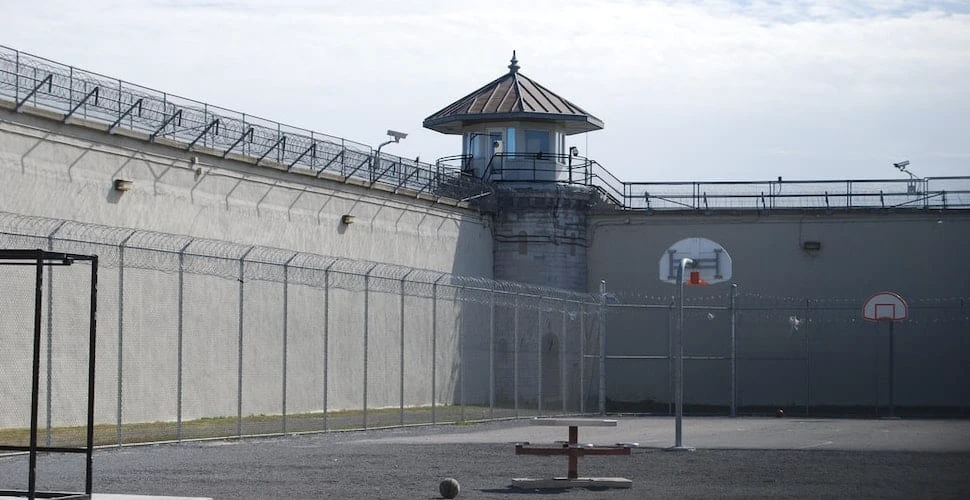Watch our event with a brilliant panel of activists discussing forced prison labor.
Louisiana, the U.S. state dubbed the “world’s prison capital”, has a deep-rooted forced prison labor problem.
In addition to this human rights violation, it is the only jurisdiction in the U.S. that is known to systematically keep people incarcerated past their release date, according to a recent report from the Justice Department.
Incarcerated people held for years past their release date
The report highlights how incarcerated people have their detention extended pas their release date by months and even years in some cases despite officials being aware of these violations for over a decade. Louisiana has the highest incarceration rates in the country by a long way, where the majority of incarcerated people are disproportionately Black.
Since at least 2012, more than a quarter of the people set for release from the Louisiana Department of Public Safety and Corrections’ custody each year are instead held past their release date, a violation of the Constitution’s due process protections, the Justice Department said.
Between January and April 2022, 26.8% of people released were overdetained. Louisiana also spent at least $850,000 reimbursing local jails for housing state prisoners during that period alone, the Justice Department said (The practice of sending some state prisoners to local jails is unusual.)
Prison slavery relies on incarcerated people
Forced labor allegations in Louisiana’s prison system are widespread. Incarcerated people in Louisiana are forced to pick cotton at gunpoint on former slave plantations and have “staffed “prison rodeos,” where vulnerable inmates are charged by a bull for public entertainment”.
Racial biases and forced prison labor are deeply entrenched in Louisiana’s prison system, evidenced by comments made by the Sheriff of Caddo Parish in 2017. He commented to the Washington Post that if Louisiana were to release non-dangerous incarcerated people then they would no longer have people “to change oil in our cars, to cook in the kitchen.”
This speaks to the reliance of the prison industrial complex, not only on slavery, but on bodies in prisons that constitute a captive labor force in order to turn a profit.
Take action
It is shocking that in the 21st century, the U.S. is still grappling with the legacy of racist policies in the form of a legal system of slavery perpetuated through mass incarceration and the prison industrial complex.
We know you agree slavery belongs in the past. Let’s make sure the U.S. hears our collective call – add your voice to the campaign today.







Freedom United is interested in hearing from our community and welcomes relevant, informed comments, advice, and insights that advance the conversation around our campaigns and advocacy. We value inclusivity and respect within our community. To be approved, your comments should be civil.
these actions are inhumane and unforgiveable